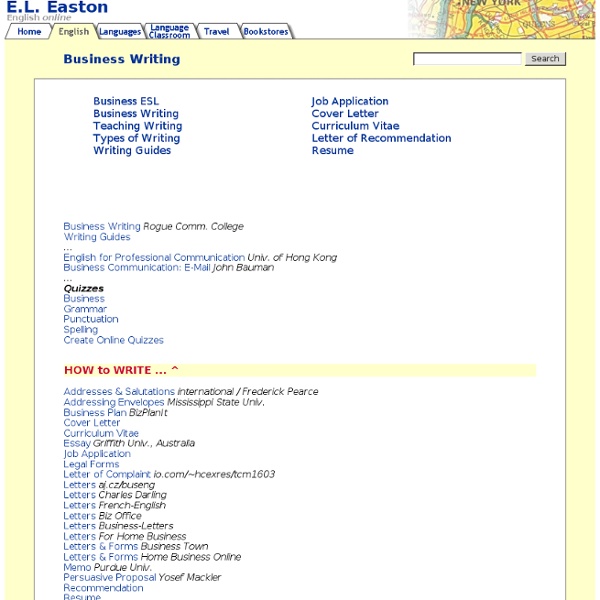



Wordwizard Home Opening Sentences for Global Email Readers have asked me to suggest opening sentences for emails that go to people around the world. The goal of these openers is to avoid coming across as blunt and impolite, especially in messages to people from cultures in which English is not the first language. It is wise for people in the English-speaking business world to include a sentence of greeting rather than getting immediately into their business purpose when they write to people who expect and value such email courtesies. Below are a few opening sentences for international email. We hope you are enjoying the season.I hope all is well.How are you? For more ideas on building relationships in your messages, get my book Business Writing With Heart: How to Build Great Work Relationships One Message at a Time. If you correspond with business readers around the world, you can pay attention to the opening sentences they use, and respond similarly. One popular opening sentence is "I hope this email finds you well." LynnSyntax Training
Business Writing - Business English Writing Resources Written communication is especially important at work. Business writing often follows specific expectations. There are a wide range of standard phrases that are expected in business English that are generally not used in everyday English. Examples Please find attached ... Another challenge is that business writing follows very specific formulas in structure. There are also a number of documents that are common to business writing. Business Writing: Basic Business Letters These two articles provide an overall framework for writing business letters. Business Letter Writing Basics - Business Letter Writing Basics for English learners. How to Write a Business Letter - This 'how to' provides a quick step by step guide to writing a basic business letter. Specific Business Letters Building on basic business letters, these business letters provide specific examples of letters written for common business writing tasks such as making an inquiry, sales letters, placing an order, etc. Placing an Order
How to Write a Business Report Updated July 28, 2015. If you would like to learn how to write a business report in English follow these tips and use the example report as a template on which to base your own business report. First of all, business reports provide important information for management that is timely and factual. English learners writing business reports need to make sure that the language is precise and concise. Linking language should be used to connect ideas and sections of the business report. Terms of reference refer to the terms on which the business report is written. The procedure describe the method that was used to collect data for the report. continue reading below our video Play Video The findings describe the data or other important information the report produced. The recommendations are specific suggestions made based on the conclusions of the report. Read the short example business report and follow the tips below.
Business Writing